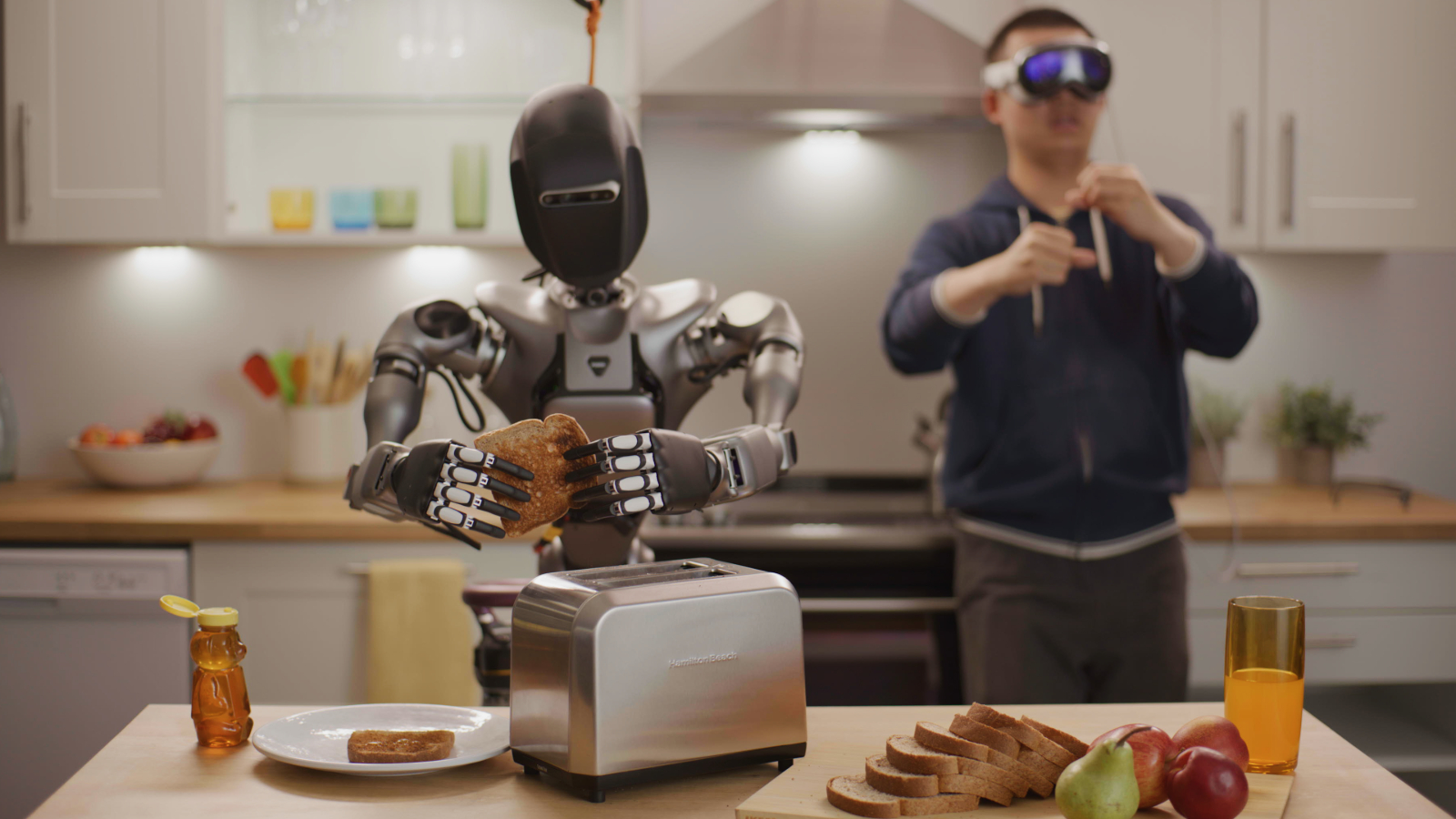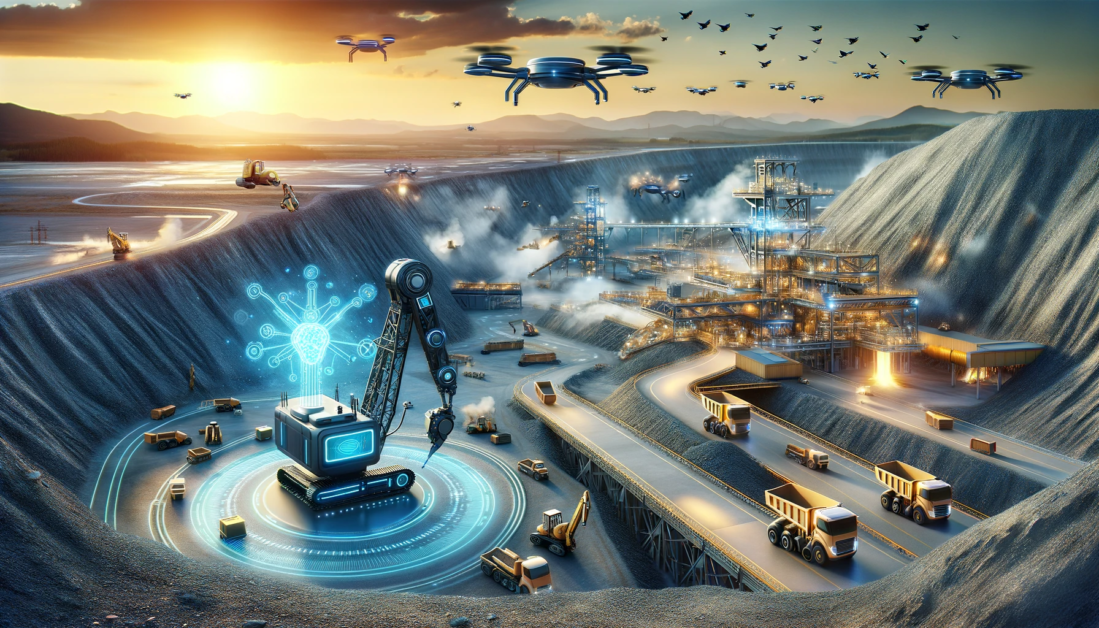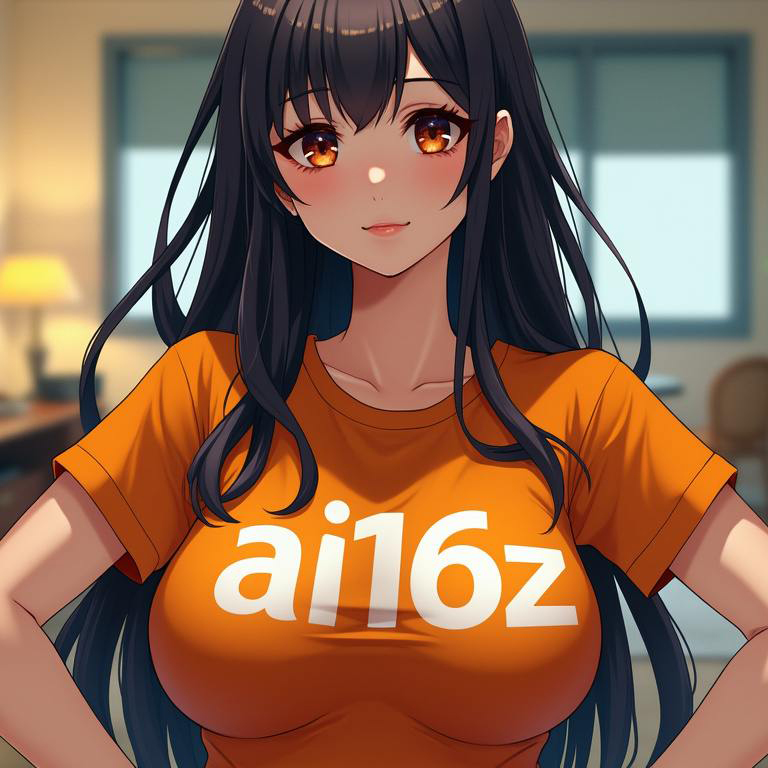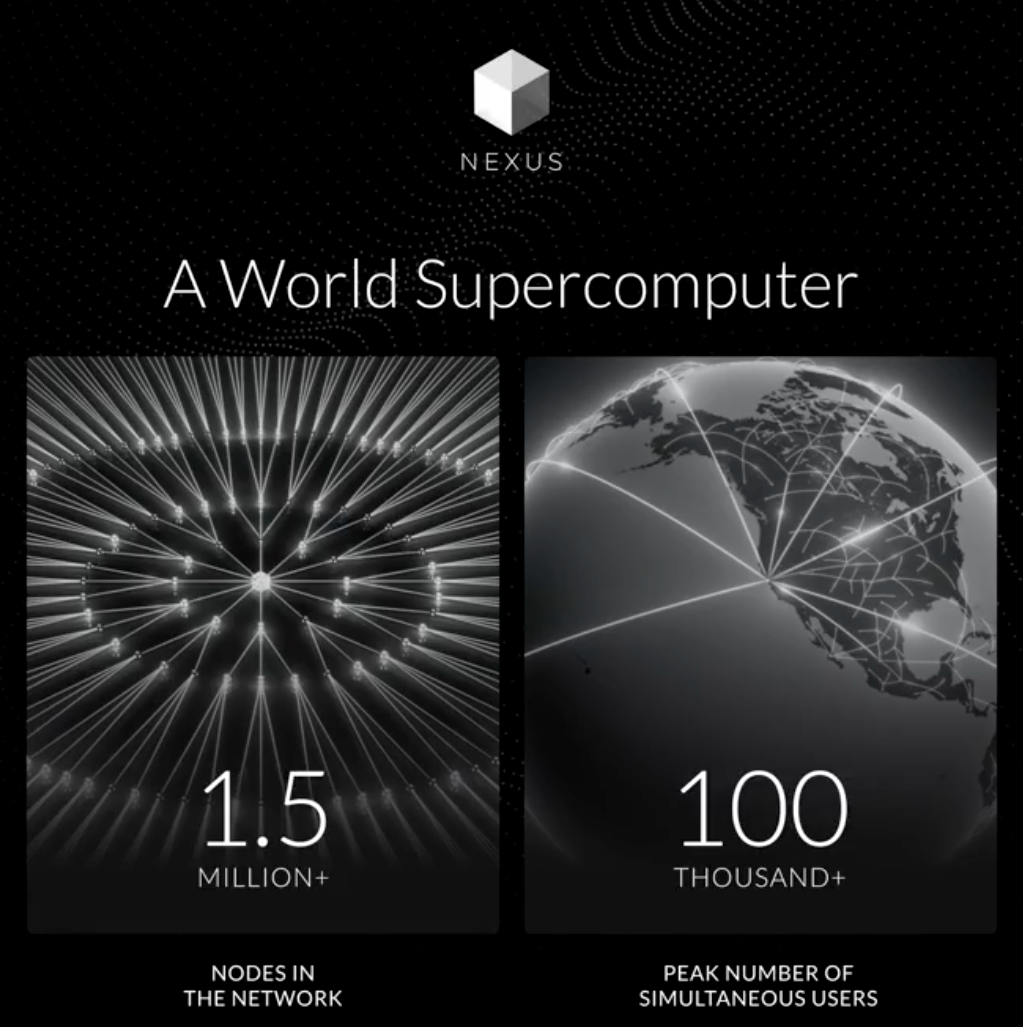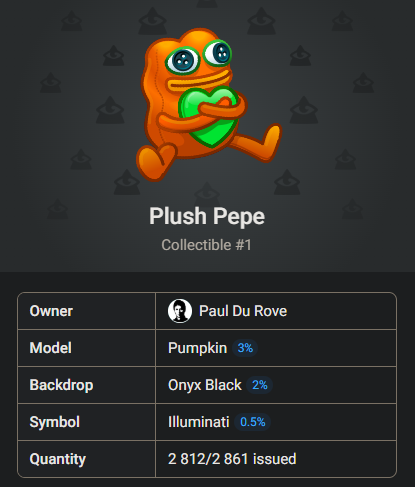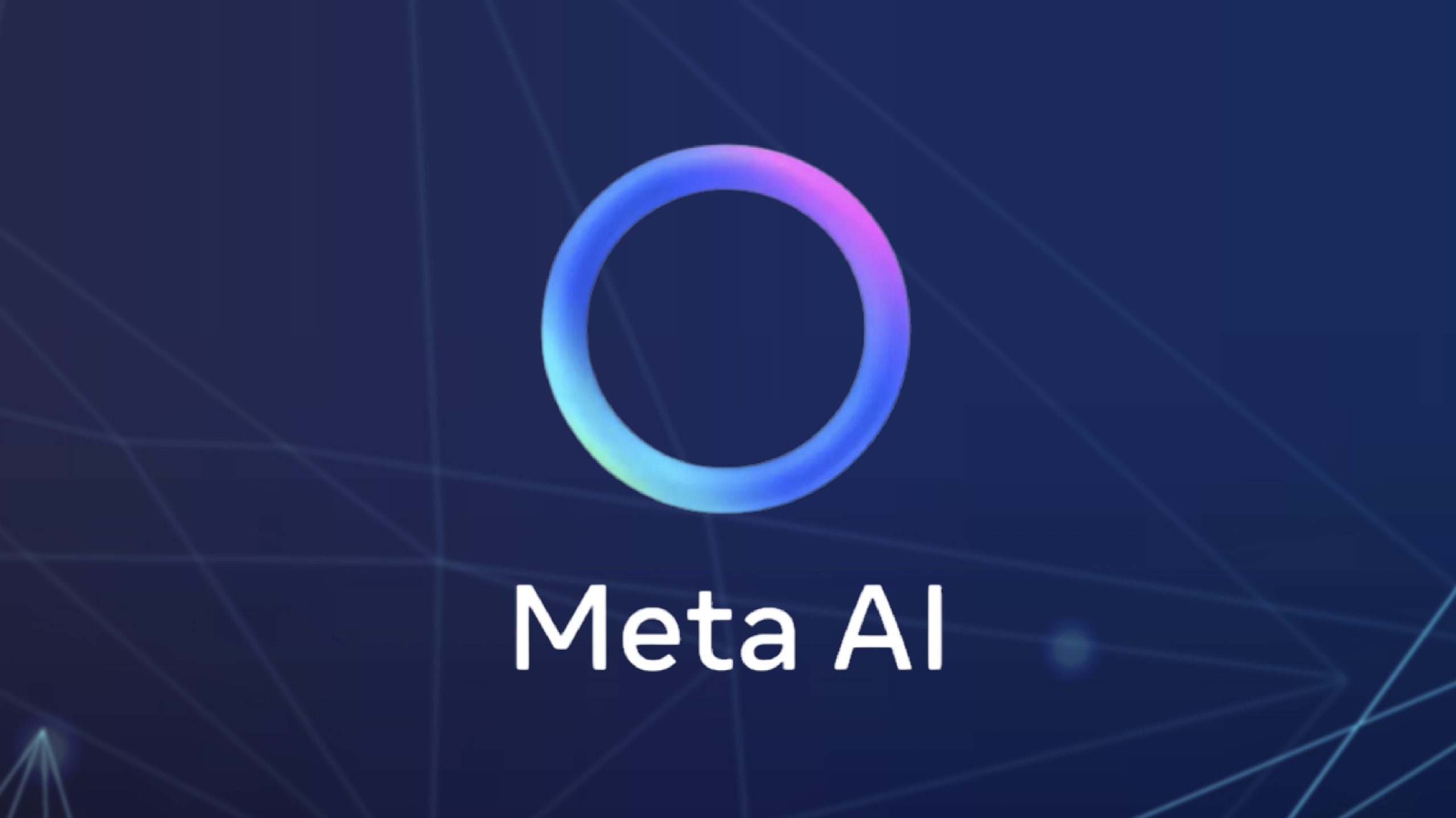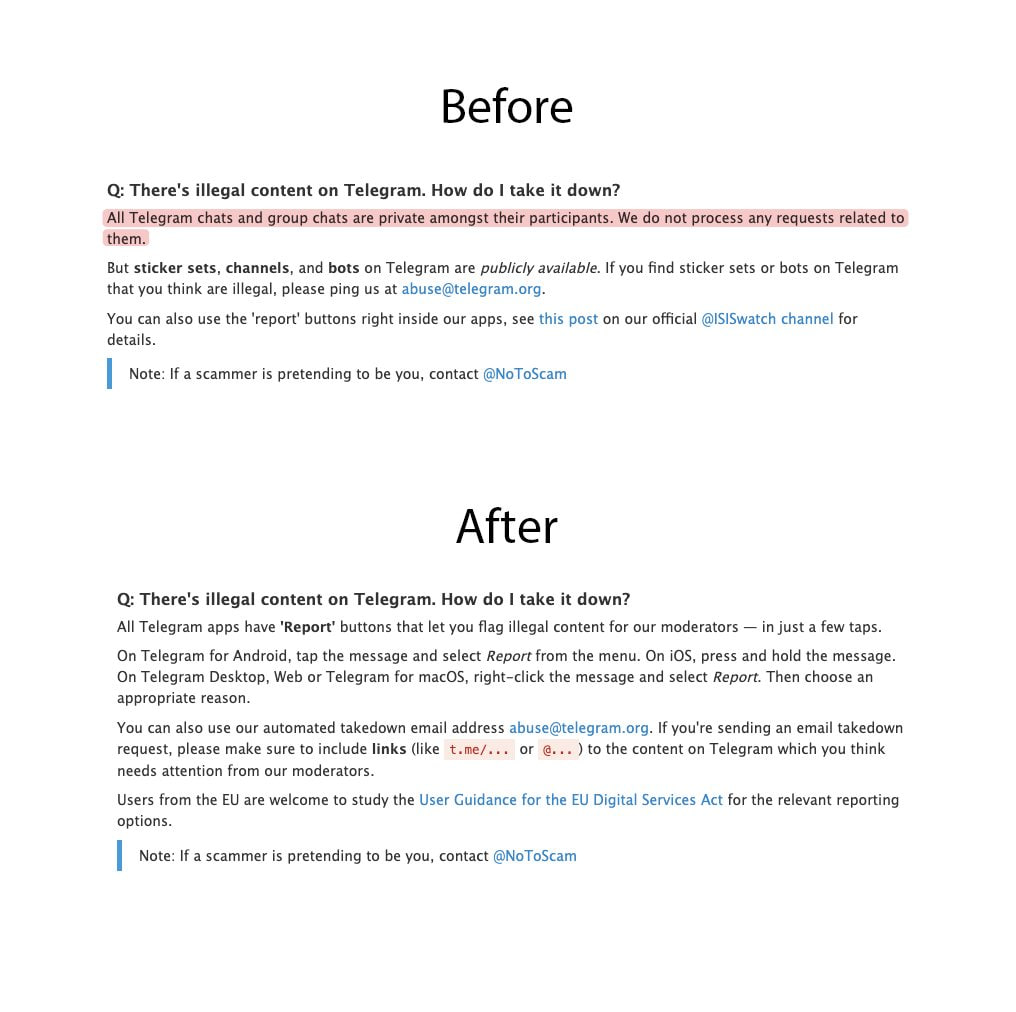Nvidia plans to actively focus on robotics in 2025. As part of this initiative, the company will introduce a new generation of compact computers called Jetson Thor, designed for integration into humanoid robots, reports Financial Times.
This move reflects Nvidia’s long-term strategy aimed at supporting the widespread adoption of robots. However, the company does not intend to compete with manufacturers like Tesla. Instead, it plans to provide technologies that will enable “hundreds of thousands” of robots to operate using advanced artificial intelligence solutions.
According to Nvidia’s Vice President of Robotics, Deepu Talla, the company’s interest in this sector is driven by two key breakthroughs: the significant advancement of generative AI models and the ability to efficiently train robots in simulated environments. This approach accelerates their adaptation and reduces development costs.
Additionally, Nvidia’s shift in focus may partly be driven by demands from major clients such as Amazon and Google, who aim to reduce their reliance on Nvidia’s AI chips while continuing to collaborate on new technology development.
Artificial intelligence became a major growth driver for Nvidia in 2024. In December, the company released Jetson Orin Nano Super, its most affordable supercomputer with generative AI capabilities, making cutting-edge technology more accessible to developers and businesses.
The launch of Jetson Thor is expected to mark a significant milestone in the development of humanoid robots. These devices are likely to be used in industries such as manufacturing, logistics, healthcare, and more, unlocking new opportunities for process automation and efficiency improvement.
